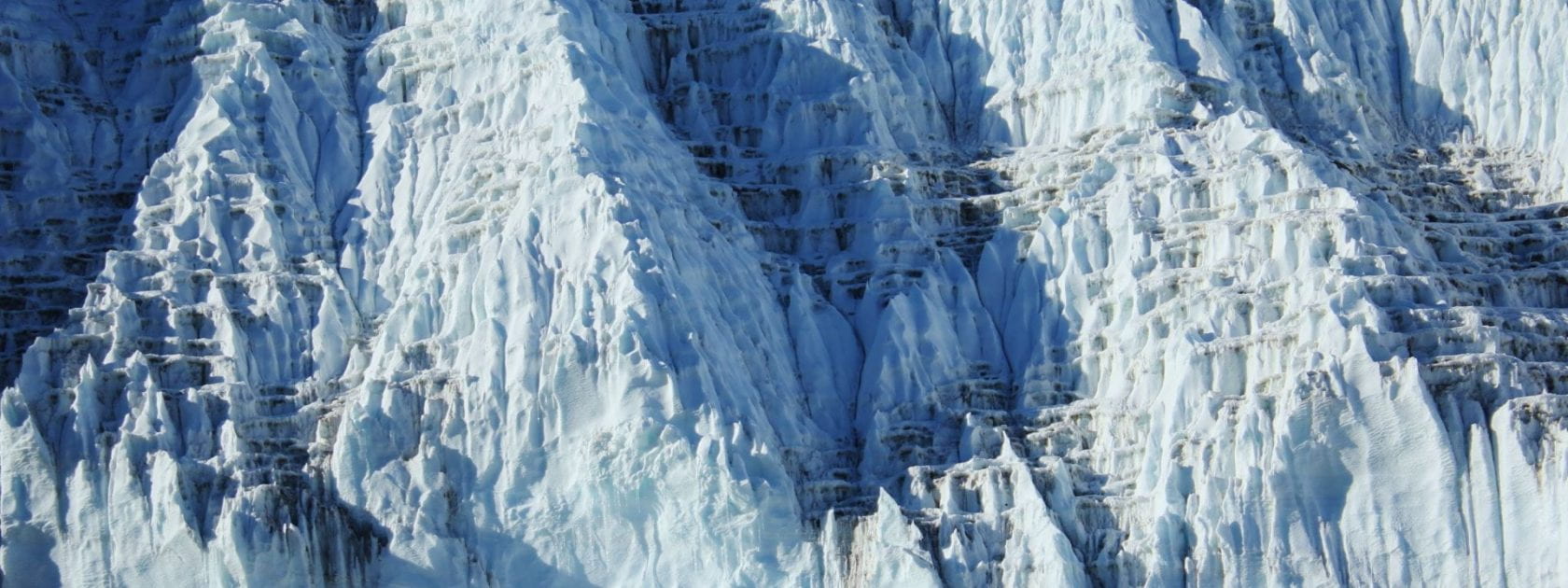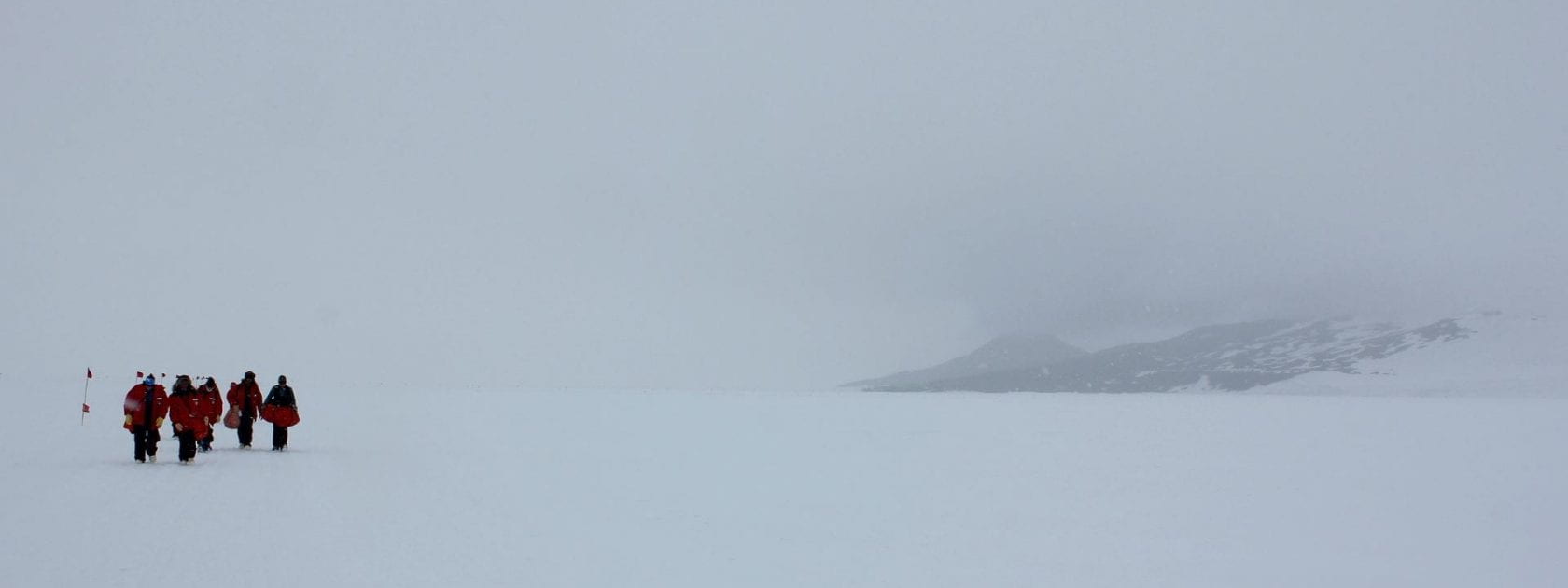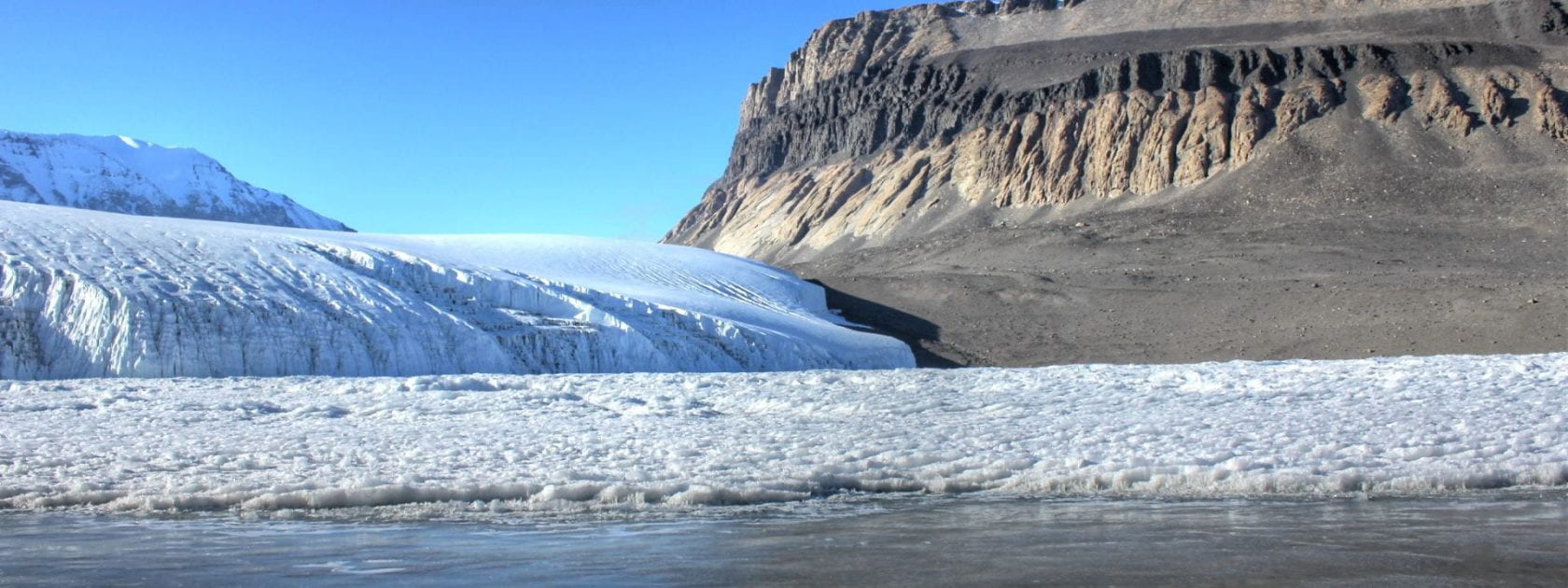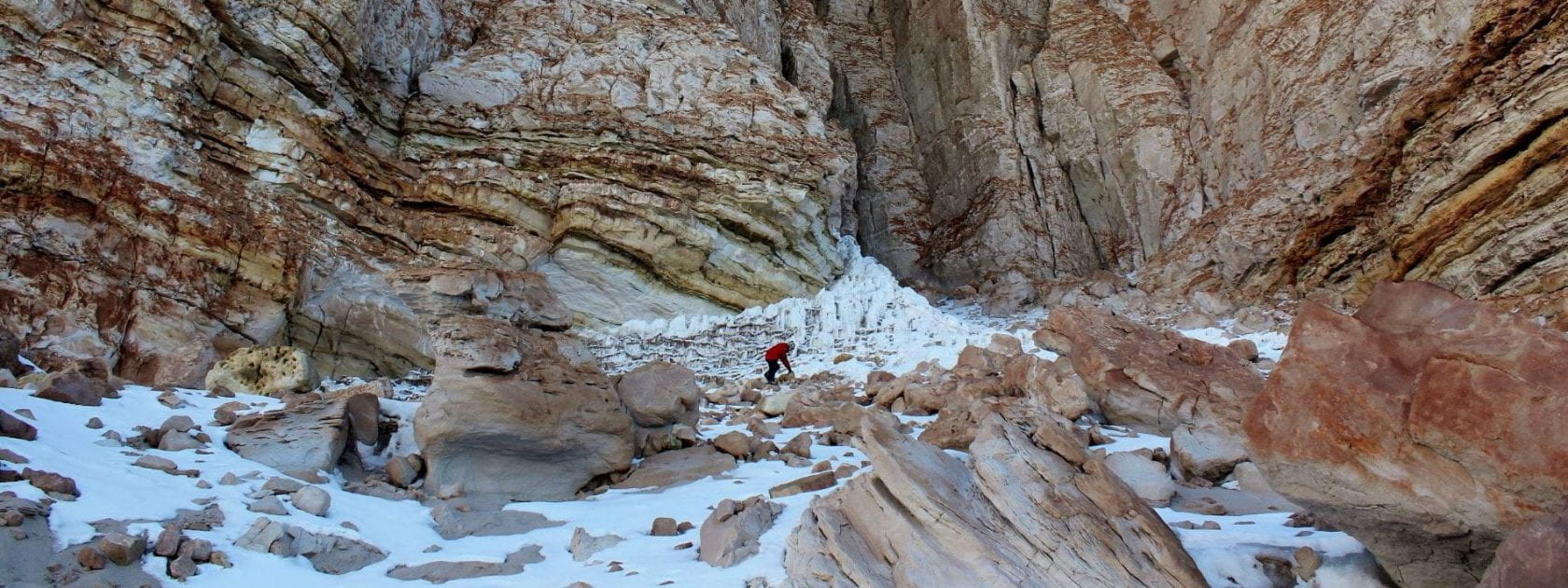About us
We are investigating how communities of microorganisms interact to maintain diversity and mediate biogeochemical cycling in the environment, linking microscale processes to global scale biogeochemical cycling.
To carry out our research, we routinely employ a combination of genomic sequencing with culturing, microbial metabolic activity and viability measurements both in situ and in the laboratory. While less than 1% of known microorganisms can be cultivated in the lab and are known to us solely through molecular analyses, this approach results in a more holistic understanding of environmental microbiology than genomic analyses alone.
We seek to understand the abiotic controls on microbial activity, growth, dormancy and death and how these physiological cell states relate to diversity, evolution and biogeochemical cycling in the environment, on Earth and potentially beyond our planet in a field known as Astrobiology. On Earth, we have a keen interest in the role of microorganisms in mediating nutrient cycling in a changing climate, in particular in cold, polar environments. Beyond, we look at the limits of cold active life on Earth – and what life could look like on other cold planetary bodies such as Mars, or the moons Europa and Enceladus.
Check out our current projects, current team, and opportunities to work with us in the drop down menus. I encourage potential future team members and collaborators to get in touch if you are interested in our work!
We acknowledge the traditional lands on which we live and work. As members of the University of Guelph community, we particularly acknowledge the treaty lands and territory of the Mississaugas of the Credit and the Dish with One Spoon Wampum. The Dish With One Spoon Covenant speaks to our collective responsibility to steward and sustain the environment, so that all peoples, now and in the future, may benefit from the sustenance it provides. Generating knowledge of the land is a shared goal between our work and Indigenous peoples, and we recognize with gratitude the First Nations, Inuit, and Métis peoples who have long been stewards of the land. As a lab we are committed to learning from our Indigenous neighbours and partners in guiding our own research.






